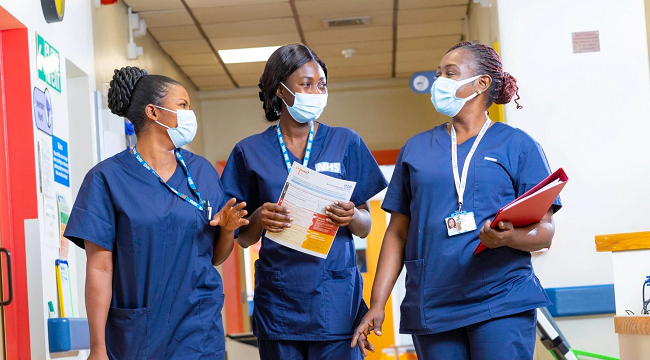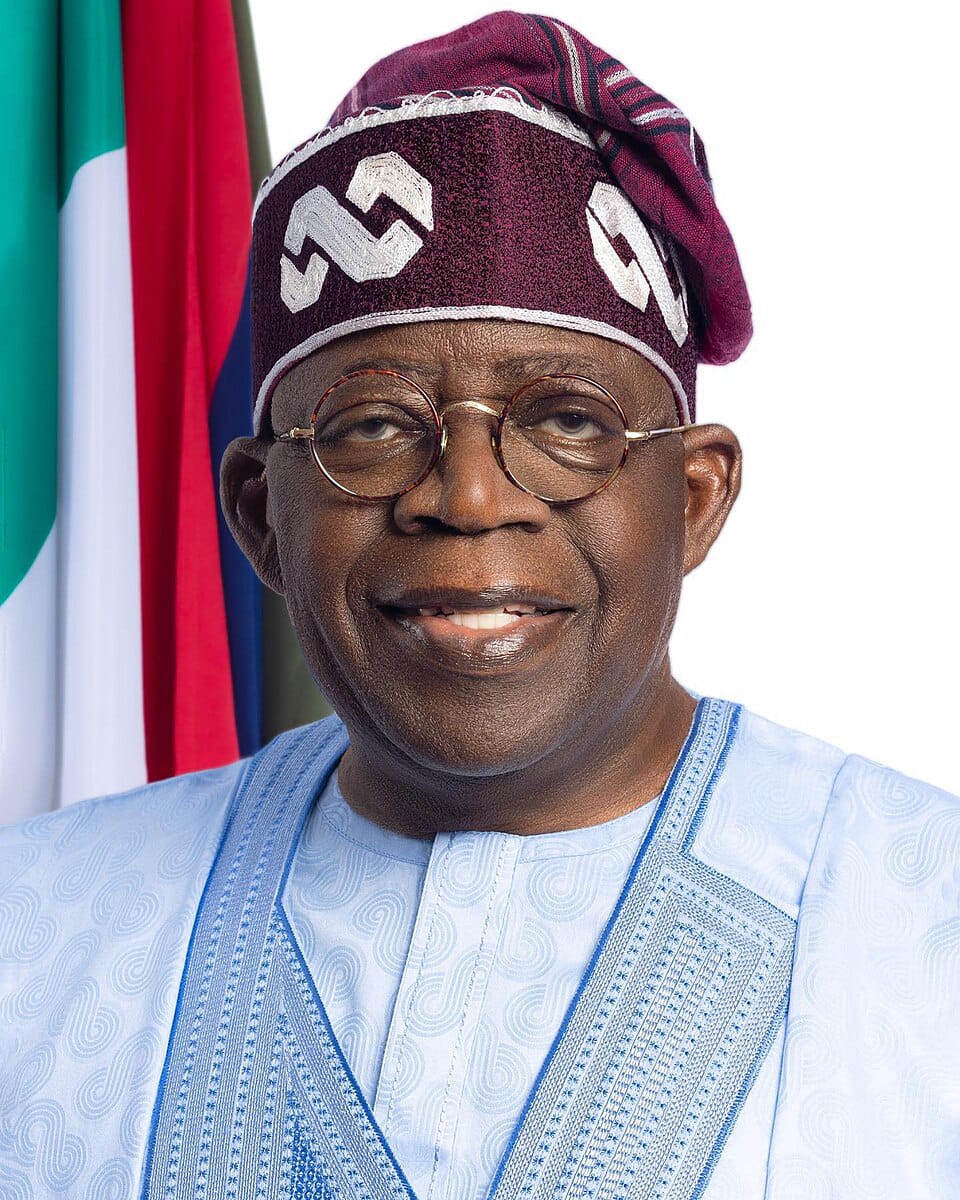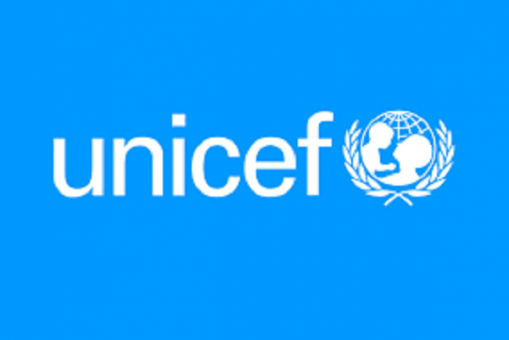The Federal Government has reaffirmed its commitment to strengthening Nigeria’s health financing system by prioritising domestic funding and reducing dependence on foreign aid..
Minister of State for Health, Adekunle Salako, made this known at the National Health Financing Policy Dialogue in Abuja, noting that the government is targeting the enrollment of at least 44 million Nigerians into the National Health Insurance by 2030. He said this would significantly reduce out-of-pocket payments, which currently account for about 70 per cent of health spending in the country.
Salako highlighted ongoing reforms, including increased budgetary allocation to the health sector, the consistent funding of the Basic Health Care Provision Fund, and new initiatives such as HOPE Health. He also pointed to the National Health Insurance Authority Act of 2022, which makes health insurance mandatory and establishes a Vulnerable Group Fund for those unable to afford premiums.
Minister of Health and Social Welfare, Ali Pate, who declared the event open, stressed that Nigeria must invest its own resources to achieve lasting progress in healthcare. He noted that decades of underinvestment have weakened the system and said the country must now embrace sustainable and innovative financing mechanisms to achieve universal health coverage.





